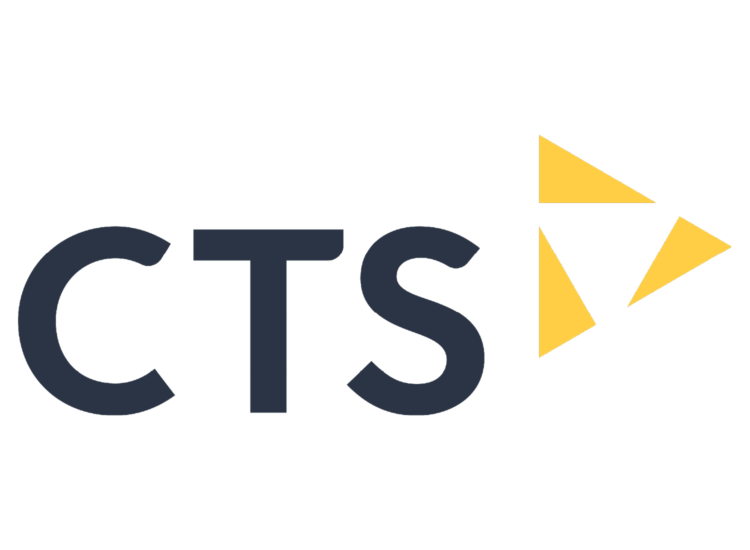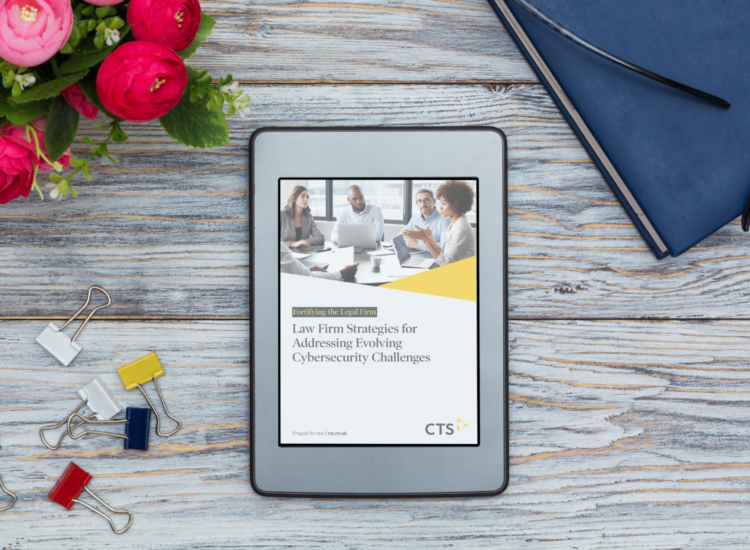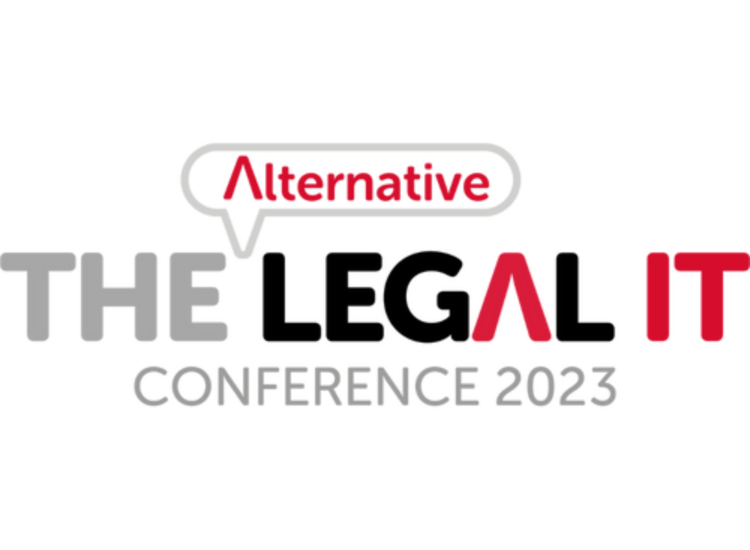The smooth transition to remote working, fuelled by the 2020 global pandemic, has resulted in hybrid working becoming a popular working model within the legal industry. A 2021 report from Thomson Reuters revealed that UK lawyers wish to work from home approximately 2.1 days per week and only one—tenth want to turn to five days a week in the office.
As a result, law firms have had to review their hybrid working strategies, which, without a doubt, has led to increased investment in technology and the embracing of innovation. Below, we explore different technological tools and equipment that law firms are investing in to ensure their hybrid working success:
Document Automation
Document automation scored highly on Briefing Frontier’s 2022 efficiency and competitiveness scale (16 on the efficiency axis and 8 on the competitiveness axis), which looks at which business systems law firm strategic leaders are looking to invest in over the coming year.
With improved productivity and reduced costs ranking as the highest priorities, it is no surprise that firms are investing in document automation systems. By automating the creation of complex and/or repetitive documents, such as NDAs, can dramatically reduce the human effort, time and costs involved in drafting, as well as reducing the risk of human error.
Knowledge Management (KM)
To remain competitive, support their clients and employees, and improve efficiency, law firms are focussing more on the endless benefits that KM offer, such as enabling them to deliver exceptional client service, to provide fulfilling careers and experience for employees and to achieve financial success and growth.
Lawyers are working in a knowledge-intensive field, and they need the right technologies to help them store and access knowledge. When it comes to remote working, face-to-face, ad hoc information sharing has reduced, so having a KM solution in place means that information can be shared and accessed quickly and easily, meaning that firms can offer more value for money to their clients and deliver the same service in less time.
Client Portals
Briefing Frontiers 2022 showed that for over half (56%) of UK law firms surveyed said that selecting the right client-facing technology/interfaces were a main concern, perhaps due to shift to hybrid working or the fact that client expectations continue to grow higher. Adopting high-quality client-first services is something at the front of law firm leaders’ minds and can be a key decider in whether your law firm is chosen over the competition. Client portals will not only benefit you but your client.
Client portals provide your clients with a secure, self-service platform from where they can access case updates, documents, and tasks all without hassle and without having to call or email their lawyer. Having all their case information in a central platform means that your clients can feel confident that they have all the information that they need about the progress of their case.
Shared Desktops
Undoubtedly, shared desktops bring a lot of flexibility to the legal sector by allowing employees to securely access everything they need – applications, files, reports, documents – from whatever location.
However, it must be noted that this is not a “one-size-fits-all” solution. While some firms are turning towards shared desktop services, many other firms are taking a laptop-centric approach by utilising Microsoft 365 to manage their physical desktops, combined with Intune to protect them.
Whichever solutions chosen, these services enable legal practices to deploy hybrid-cloud environments, bringing together on-premises deployments alongside public-cloud hosting to meet your business needs.
With the continuous and accelerating change within the legal sector, and a focus on meeting client expectations and improving efficiency whilst keeping costs low, the aforementioned technologies are supporting firms to effectively build processes and platforms that are efficient in leveraging data and knowledge, and subsequently, delivering high quality legal services.




